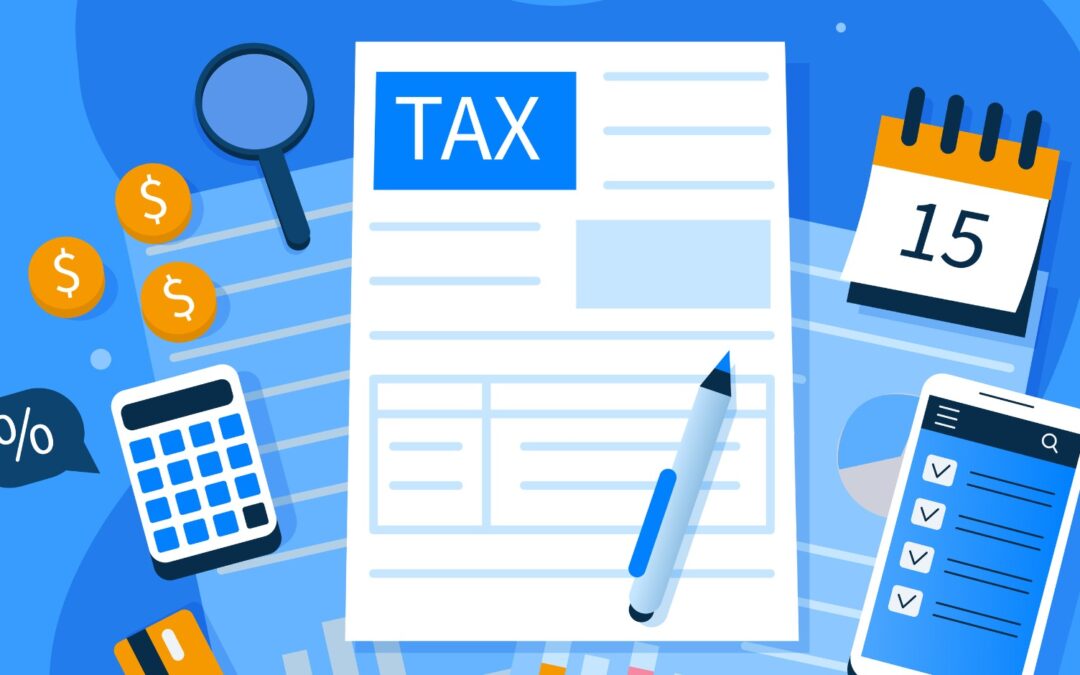Excise taxes are classified as “narrowly based” or “indirect” taxes. It is imposed on certain products or services rather than on individuals. A direct tax is one that is levied on a single person.
A legislative tax levied at the point of sale on specified items or services such as gasoline, tobacco, and alcohol is known as an excise tax.Excise taxes, as opposed to international taxes levied across national borders, are intranational taxes levied within a government infrastructure. A federal excise tax is typically levied on the sale of motor gasoline, airline tickets, cigarettes, and other goods and services.
Excise taxes are levied in the United States at the time of production or when a service is performed, then incorporated into the product’s cost, which means that a consumer generally does not know how much excise tax he is paying, assuming he is aware he is paying one at all.
When you last filled up your car, you most certainly paid an excise tax. As of January 2022, The federal government imposed an 18.4 cent excise tax per gallon of gasoline, which increased to 24.4 cents per gallon of diesel fuel.
What Activities Are Subject to Excise Taxes?
Excise taxes are levied on commodities manufactured, sold, or consumed and licenses to practice specific occupations. Since 1950, when excise taxes accounted for about 20% of federal tax collections, the federal government’s reliance on them has decreased dramatically. Excise taxes now account for only approximately 3% of government revenue since individual and corporate income tax revenues have expanded considerably.
Excise taxes are generally levied against enterprises. Many are paid for by merchants, who subsequently pass the tax on to customers in the form of higher pricing. Merchants pay excise taxes to wholesalers and factor them into product pricing, raising the entire retail price.
As a result, most excise taxes may or may not be directly visible to customers. Some excise taxes, however, are paid directly by consumers, such as property taxes and levies on particular retirement account activity.
Excise taxes can be imposed by federal, state, or municipal governments. While income tax is the largest revenue source for federal and state governments, excise tax revenue accounts for a modest part of total revenue.
How Does Excise Taxes Work?
Excise taxes are regressive. They place the most significant financial burden on families who rely on or purchase a significant quantity of these taxed commodities or services, regardless of their ability to pay this tax system.
According to a study by the Institute on Taxation and Economic Policy, those with the lowest earnings pay roughly 7.1% of their income in excise taxes. The wealthiest 1% paid barely 0.9% of their earnings.
What Are the Reasons to Levy Excise Taxes?
Excise taxes can be used to price externalities like Pigouvian or sin taxes. In economics, an externality is a side effect or consequence of an action that is not reflected in the cost of that activity. Excise taxes, for example, for example, may be used to minimize pollution and traffic congestion by limiting the consumption of cigarettes or sugar-sweetened beverages.
Excise taxes can also be used to collect user fees. The role of excise taxes as a user fee is best shown by the motor fuel tax, in which gasoline sales act as a proxy for a driver’s contributions to traffic congestion and road wear-and-tear, effectively pricing the use of public roadways.
Do I Have To Pay an Excise Tax?
Individuals do not directly pay excise taxes to the federal government, but this money is taken from their purses. The tax is often incorporated or reflected in the retail price of the acquired product or service.
Excise Taxes on Retirement Accounts
Some retirement account activities are also subject to excise taxes. These taxes as penalties are well known to many individuals. Excess individual retirement account (IRA) contributions that are not adjusted by the applicable deadline are subject to a 6% excise tax. When an investor withdraws from some IRAs accounts and other eligible plans before the age of 5912, they face a 10% excise tax penalty.


Recent Comments